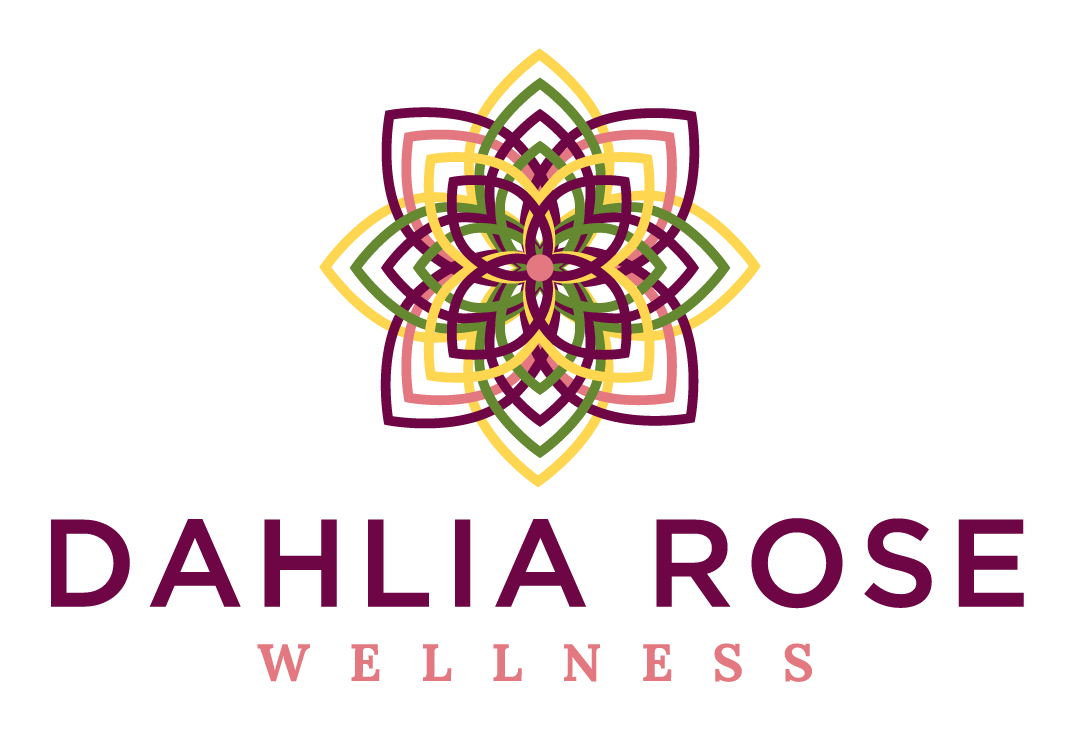Breaking the Cycle of Trauma: The Radical Act of Self-Love for Black Women to Reclaim Their Power
As Black women, we often are taught to put others before ourselves. Our historical conditioning has created unconscious beliefs of our worth being defined based on how much we can give, how much we can sacrifice, and how much we can endure. While on the one hand, we strive to be recognized and praised for our strength, resilience, and selflessness, on the other hand, we often face the overwhelming weight of the world. What happens if we bear the weight of past generations' trauma and disregard our needs in pursuit of perfection?
The answer is simple: We break.
For far too long, Black women have suffered in silence. Society often tells us that our pain is unimportant, our struggles are insignificant, and our feelings are burdensome. Harmful ideation and social constructs imposed upon us have consistently deprived us of the time and space needed to heal, the opportunity to grow, and the permission to love ourselves. But self-love is not a luxury; it's a necessity. It is the antidote to healing trauma and developing healthy relationships. It is the key to living a fulfilling life.
What is Self-Love?
Self-love is not just about feeling good or pampering ourselves. It is about recognizing our worth, accepting ourselves for who we are, and treating ourselves with kindness and compassion. On a deeper level, self-love is the intentional action of engaging in practices to care for our physical, emotional, and spiritual needs. It is about setting boundaries, saying no, and prioritizing our well-being. It is about acknowledging our strengths and weaknesses, embracing our imperfections, and celebrating our uniqueness.
Why is Self-Love Important for Black Women?
Black women face unique challenges that can make it difficult to heal and develop a healthy sense of self-love. We live in a society that constantly undermines our worth, belittles our accomplishments, and erases our contributions. Society often subjects us to discrimination, racism, and sexism in both overt and subtle ways. As a result, there is an unspoken expectation interwoven in the infrastructures of society that we will bear the weight of our families, communities, and culture. All of this can take a toll on our mental and physical health.
Developing self-love as a healing practice, strategy, and tool is instrumental for Black women because it is a way to reclaim our power and agency. It is a way to resist the messages that tell us we are not enough. It is a way to honor ourselves and our experiences. It is a way to break the cycle of trauma and pain passed down through generations. Self-love is a way to heal ourselves, our families, and our communities.
Healing Trauma with Self-Love
Trauma occurs when our ability to cope is overwhelmed, and it develops from a single event, such as a natural disaster or a physical assault, or ongoing stress, such as living in poverty or being in an abusive relationship. Trauma can have a profound impact on our mental and physical health. It can cause anxiety, depression, PTSD, and other mental health disorders. It can also lead to chronic pain, autoimmune issues, and other physical health problems.
Self-love is an essential part of healing from trauma. When we practice self-love, we create a safe and nurturing space for ourselves. We learn to listen to our bodies and our emotions. We give ourselves permission to feel our pain and process our experiences. We develop resilience and coping skills that help us navigate difficult situations. We also learn to set boundaries and say no to things that do not serve us. By engaging in these practices, we heal from trauma and establish a solid foundation for a healthy and fulfilling life.
Trust, respect and communication form the foundation of healthy relationships. They require us to be vulnerable and authentic. They also require us to have a strong sense of self-worth and self-esteem. Practicing self-love enables us to recognize the importance of valuing ourselves and our needs, communicate our boundaries and expectations more effectively, and select respectful and supportive partners.
Having a Full Life with Self-Love
Self-love is not just about healing trauma and developing healthy relationships. When we love ourselves, we are more likely to pursue our passions, set goals, and take risks. We are more likely to prioritize our happiness and well-being. We are more likely to live authentically and pursue our path. Self-love is the foundation for a fulfilling and abundant life.
In conclusion, self-love is the antidote to healing trauma and developing healthy relationships for Black women. It is a way to reclaim our power, honor our experiences, and live a fulfilling and meaningful life. Self-love is not always easy, especially in a world that does not value us, but it is essential for our well-being and happiness. As Black women, we deserve to love ourselves and be loved. Let us practice self-love and encourage each other to do the same.
